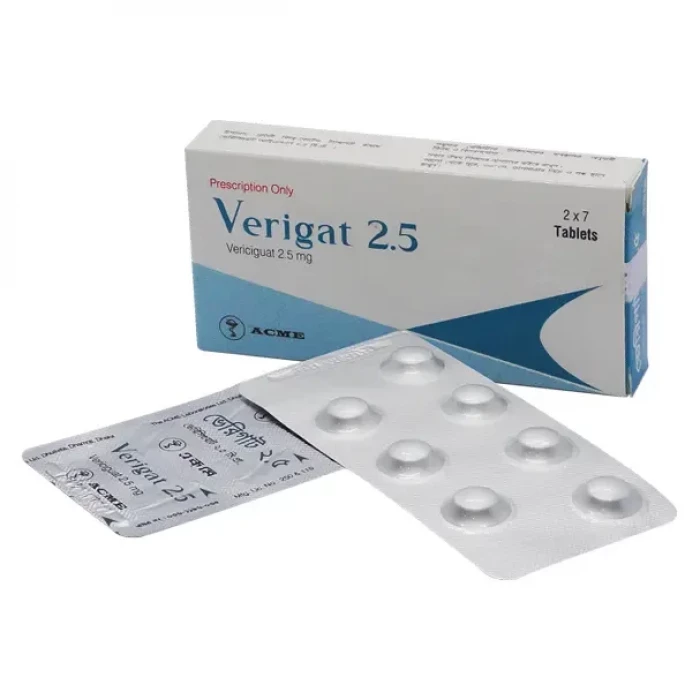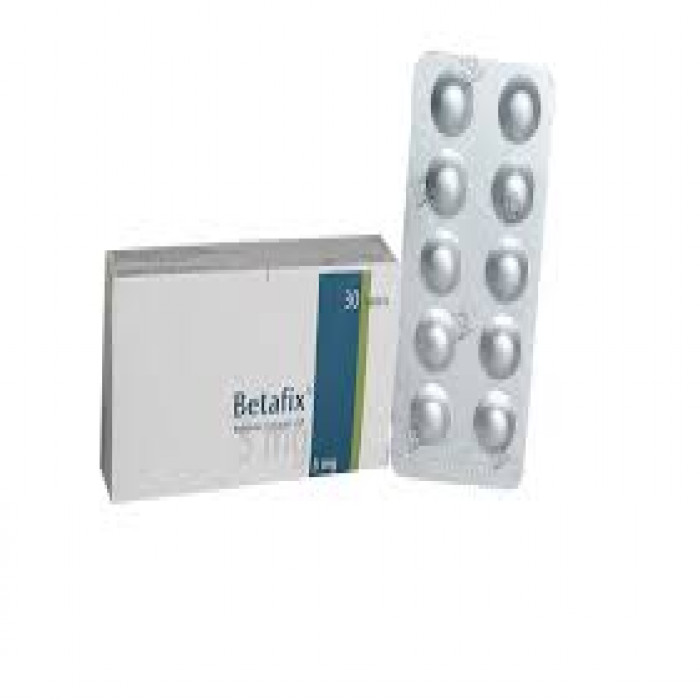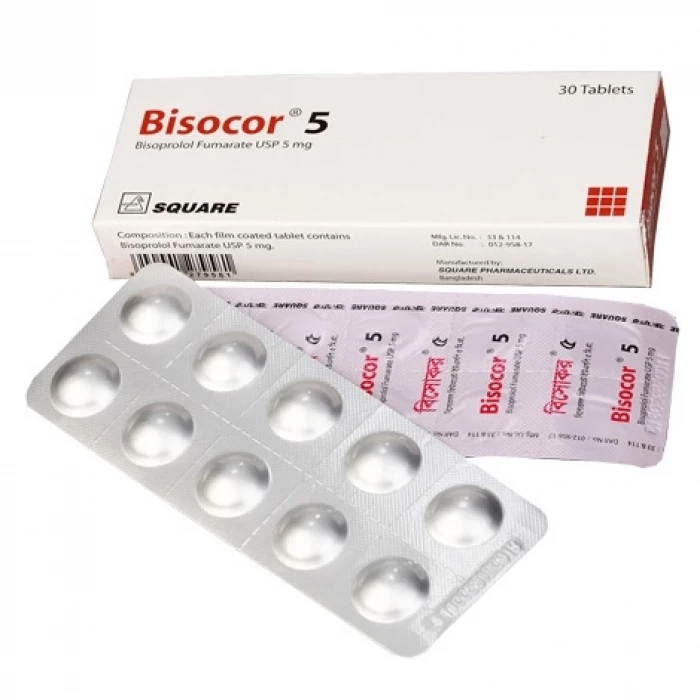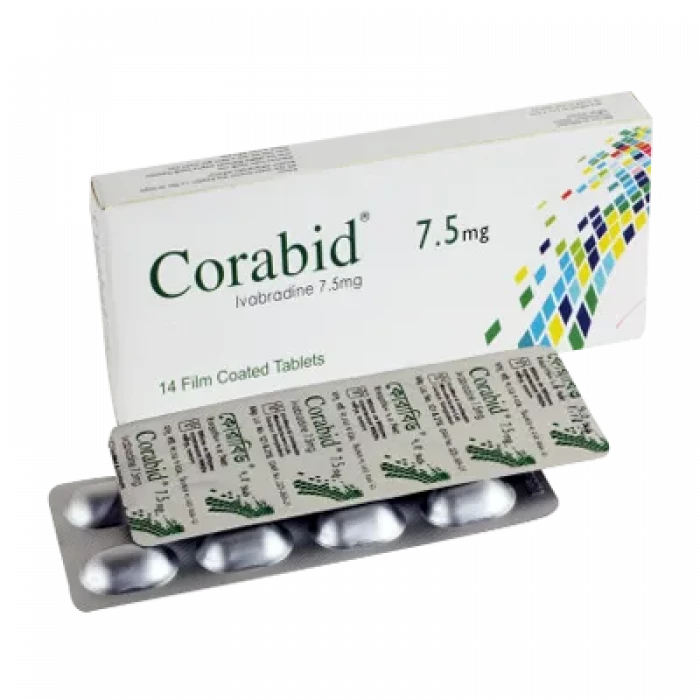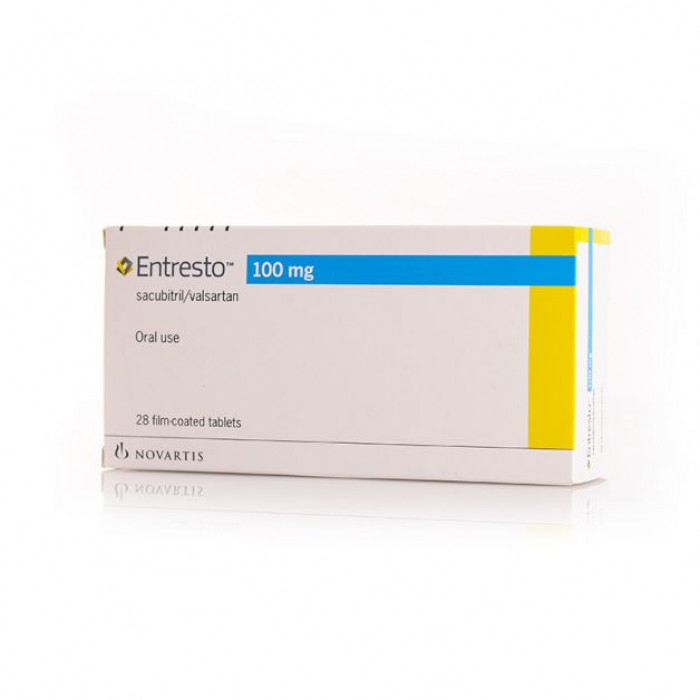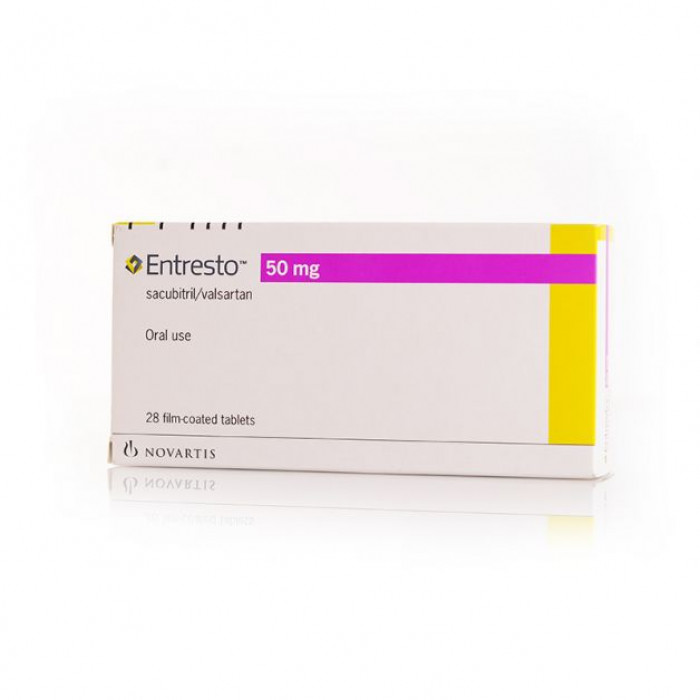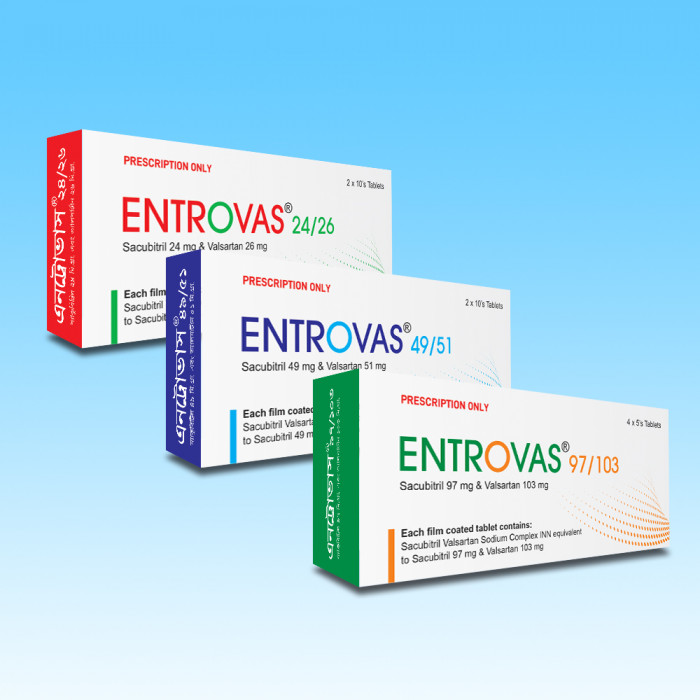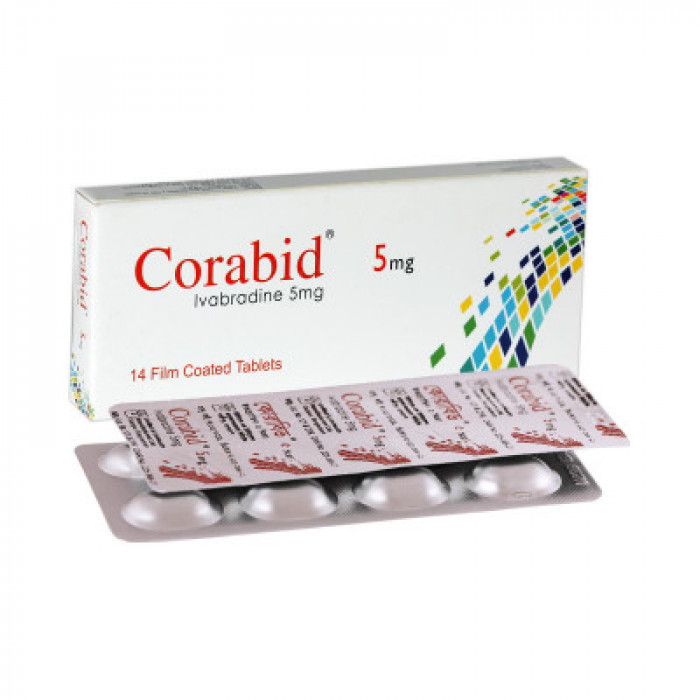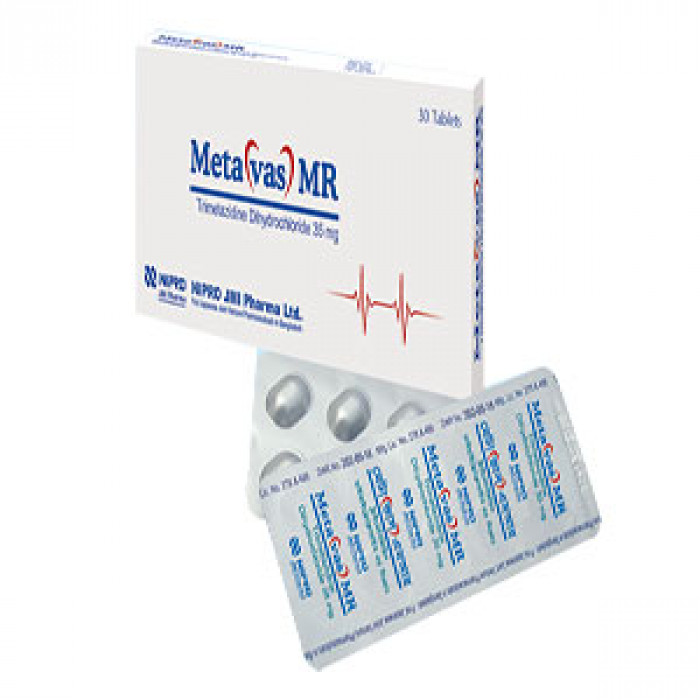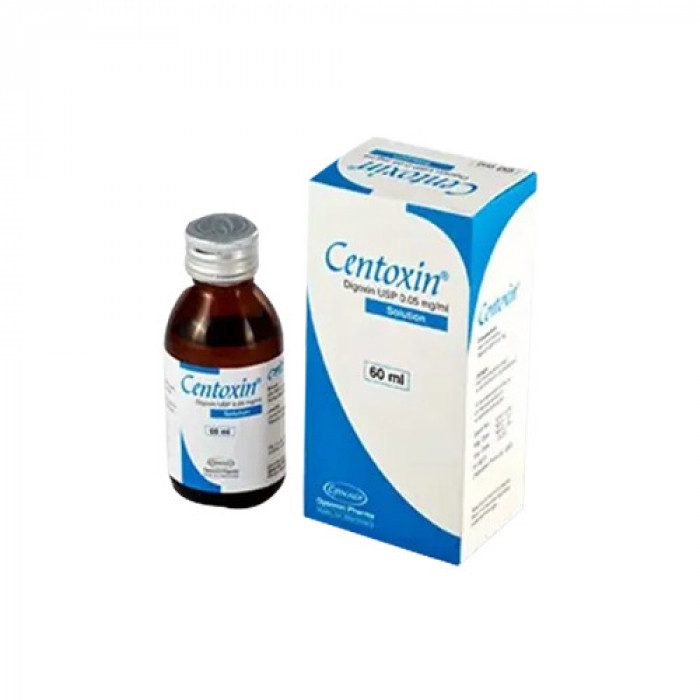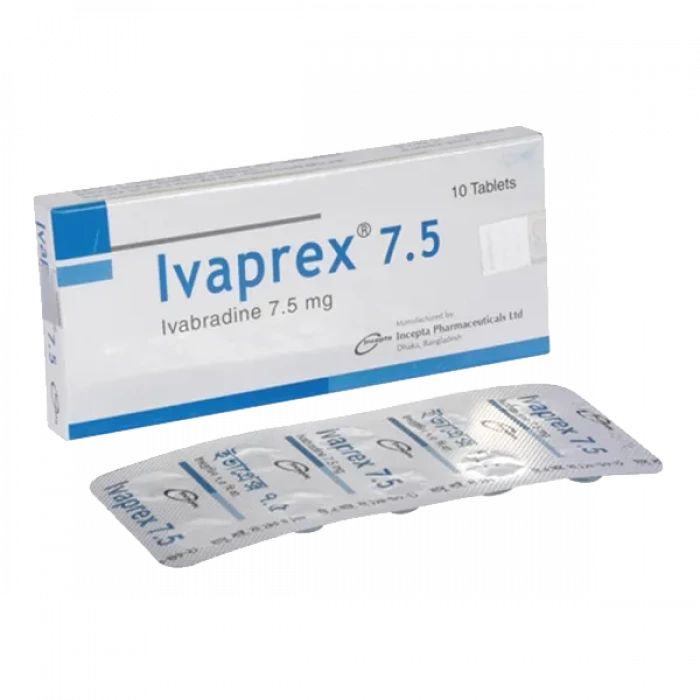
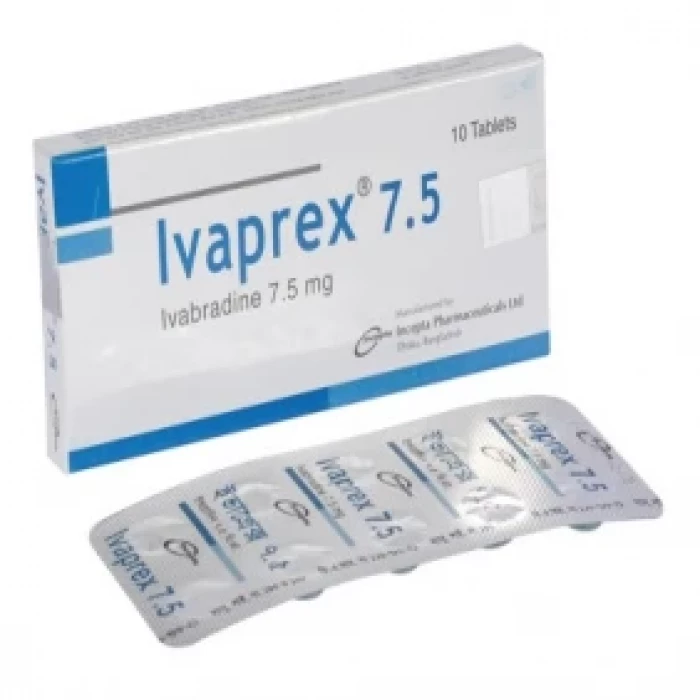
✔ 100% Authentic Product
👁️ Currently Viewing 1868
Tablet, Generic Name: Ivabradin, Manufacturer: Incepta Pharmaceuticals Ltd.
Discount
Price: ৳ 333
MRP:
৳
350
5%
Off

100% Genuine Products, Guaranteed

Safe & Secure Payments, Always

Fast, Secure & Efficient Delivery

Proper Packaging
 Cash on Delivery - All over Bangladesh
Cash on Delivery - All over Bangladesh Regular Delivery - 12-24 Hours, Dhaka City* Charge Tk.39-59
Regular Delivery - 12-24 Hours, Dhaka City* Charge Tk.39-59 Regular Delivery - 24-48 Hours, Other Cities* Charge Tk.99-110
Regular Delivery - 24-48 Hours, Other Cities* Charge Tk.99-110
 ফ্রি ডেলিভারিঃ - ৯৯৯ টাকা+ অর্ডারে, ঢাকা
শহরে
ফ্রি ডেলিভারিঃ - ৯৯৯ টাকা+ অর্ডারে, ঢাকা
শহরে ফ্রি ডেলিভারিঃ - ২৯৯৯ টাকা+ অর্ডারে, ঢাকার
বাহিরে
ফ্রি ডেলিভারিঃ - ২৯৯৯ টাকা+ অর্ডারে, ঢাকার
বাহিরে
100% Genuine Products, Guaranteed
Safe & Secure Payments, Always
Fast, Secure & Efficient Delivery
Proper Packaging
 Cash on Delivery - All over Bangladesh
Cash on Delivery - All over Bangladesh Regular Delivery - 12-24 Hours, Dhaka City* Charge Tk.39-59
Regular Delivery - 12-24 Hours, Dhaka City* Charge Tk.39-59 Regular Delivery - 24-48 Hours, Other Cities* Charge Tk.99-110
Regular Delivery - 24-48 Hours, Other Cities* Charge Tk.99-110 ফ্রি ডেলিভারিঃ - ৯৯৯ টাকা+ অর্ডারে, ঢাকা
শহরে
ফ্রি ডেলিভারিঃ - ৯৯৯ টাকা+ অর্ডারে, ঢাকা
শহরে ফ্রি ডেলিভারিঃ - ২৯৯৯ টাকা+ অর্ডারে, ঢাকার
বাহিরে
ফ্রি ডেলিভারিঃ - ২৯৯৯ টাকা+ অর্ডারে, ঢাকার
বাহিরে
✅ Description:
Indications
Symptomatic therapy of chronic stable angina pectoris in individuals with coronary artery disease and normal sinus rhythm. Ivabradine is prescribed for the following conditions:
In people who are unable to tolerate beta-blockers or have a contraindication to their usage,
In conjunction with beta-blockers in individuals who are not effectively managed with an optimum beta-blocker dose and have a heart rate of more than 60 beats per minute.
Pharmacology
Ivabradine is a pure heart rate reducer. It works by inhibiting the cardiac pacemaker I f current, which controls spontaneous diastolic depolarization in the sinus node and regulates heart rhythm. Ivabradine reduces cardiac strain and hence oxygen consumption by lowering heart rate. Ivabradine also prolongs diastole, allowing for greater perfusion of coronary arteries and oxygen delivery to the heart. The cardiac effects are restricted to the sinus node and have no influence on intra-atrial, atrioventricular, or intraventricular conduction times, myocardial contractility, or ventricular repolarization.
Dosage & Administration
Adult: The usual recommended starting dose of Ivabradine is 5 mg twice daily which may be increased after 3-4 weeks of treatment to 7.5 mg twice daily, depending on therapeutic response. Usual dose is 1 tablet in the morning and 1 tablet in the evening during meals. If the heart rate decreases persistently below 50 bpm at rest or if symptoms related to bradycardia, the dose must be adjusted downwards to 2.5 mg twice daily (one half of the 5 mg tablet twice daily). Treatment must be discontinued if heart rate remains below 50 bpm or symptoms of bradycardia persist.
Elderly: Consider a lower starting dose (2.5 mg twice daily i.e. one half 5 mg tablet twice daily).
Interaction
The use of QT wave prolonging medications is not advised. Medications that extend the QT wave in the heart (e.g. quinidine, disopyramide, bepridil, sotalol, ibutilide, amiodarone). Non-cardiovascular QT wave lengthening pharmaceuticals (e.g. pimozide, ziprasidone, sertindole, mefloquine, halofantrine, pentamidine, cisapride, intravenous erythromycin). Concurrent use of cardiovascular and noncardiovascular QT wave prolonging medications with ivabradine should be avoided since QT wave prolonged can be worsened by a decrease in heart rate. Close cardiac monitoring is required if the combination appears to be essential.
Contraindications
Resting heart rate less than 60 beats per minute prior to therapy, cardiogenic shock, acute myocardial infarction, severe hypotension (90/50 mmHg), severe hepatic insufficiency, sick sinus syndrome, sino-atrial block, heart failure, pacemaker dependent, unstable angina, 3rd degree AV block, in conjunction with potent cytochrome P-450 3A4 inhibitors (such as azole antifungals, macrolide antibiotics, HIV protease inhibitors).
Side Effects
Visual symptoms, blurred vision, bradycardia, first degree AV block, ventricular extrasystoles, headaches, and dizziness are all possible.
Pregnancy & Lactation
In rat studies, there was no influence on male or female fertility. There is no or little data on the usage of ivabradine in pregnant women. As a result, ivabradine is not recommended during pregnancy. According to animal research, ivabradine is secreted in milk. As a result, ivabradine is not recommended during breast-feeding.
Precautions & Warnings
Mild to moderate hypotension, atrial fibrillation, congenital QT syndrome, or treatment with QT wave lengthening medications Hepatic insufficiency is moderate, while renal insufficiency is severe
Storage Conditions
Keep below 30°C and away from light and moisture. Keep out of children's reach.
⚠️Disclaimer:
At ePharma, we’re committed to providing accurate and accessible health information. However, all content is intended for informational purposes only and should not replace medical advice from a qualified physician. Please consult your healthcare provider for personalized guidance. We aim to support, not substitute, the doctor-patient relationship.






